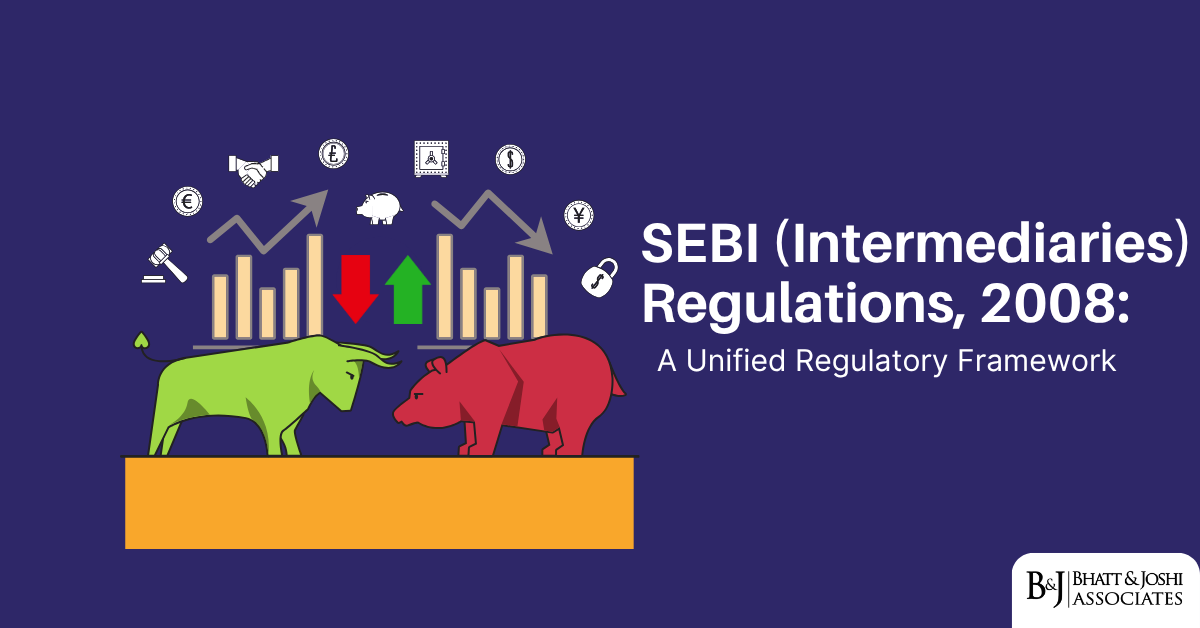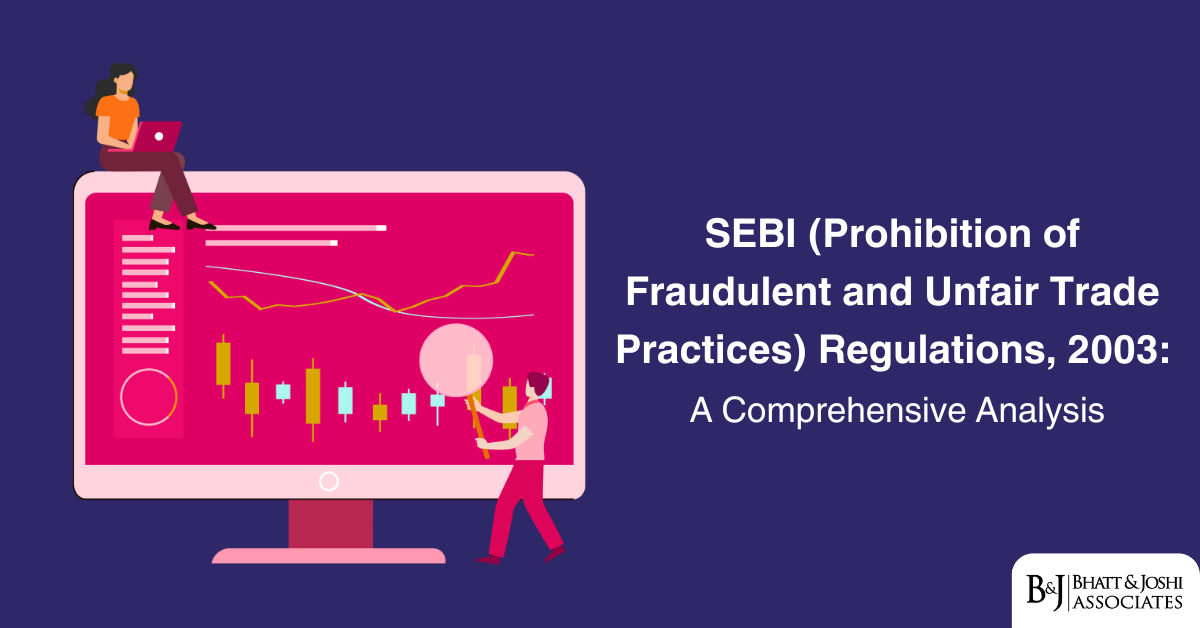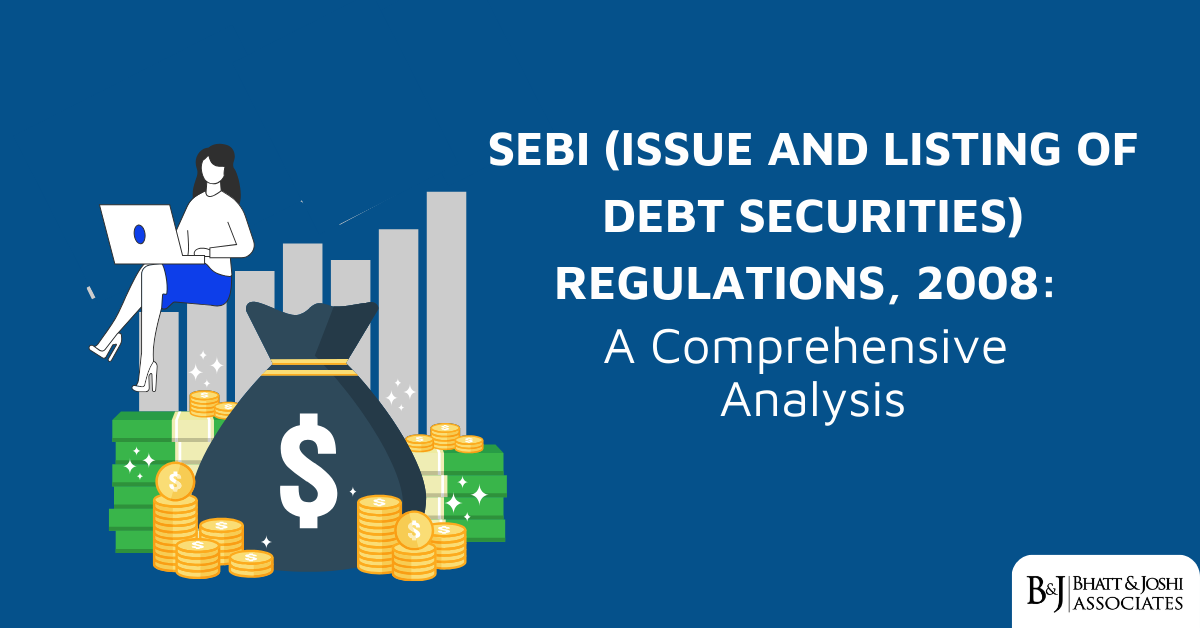Introduction
In a watershed judgment that redefines the boundaries of debt recovery mechanisms in India, the Patna High Court through Justice Rajeev Ranjan Prasad delivered a landmark ruling in Dhananjay Seth v. Union of India [1] on May 19, 2023, categorically prohibiting banks and financial institutions from employing recovery agents or “musclemen” for forcible repossession of vehicles from loan defaulters. This comprehensive legal analysis examines the constitutional, statutory, and procedural dimensions of the judgment, which fundamentally restructures the vehicle finance recovery landscape in India while reinforcing the supremacy of constitutional rights over commercial interests. The judgment addresses a critical intersection between financial institutions’ commercial rights to recover defaulted loans and borrowers’ fundamental constitutional rights to life, livelihood, and dignity enshrined under Article 21 of the Constitution of India. The court’s categorical stance against extrajudicial recovery methods represents a significant evolution in jurisprudential thinking regarding debt recovery mechanisms and their constitutional limitations on vehicle repossession.

Factual Matrix and Legal Proceedings
Case Background and Parties
The consolidated writ petitions involved multiple aggrieved borrowers who had purchased vehicles with financial assistance from major lending institutions including Tata Motor Finance Limited, IndusInd Bank Limited, Shri Ram Finance Company, ICICI Bank, and State Bank of India [2]. The petitioners’ common grievance centered on the forcible seizure of their vehicles without adherence to due legal process, allegedly conducted by recovery agents and musclemen during odd hours without proper notice or judicial oversight.
Specific Allegations and Modus Operandi
The petitioners detailed systematic violations by financial institutions, including instances where passengers were compelled to disembark from vehicles on public roads before forcible repossession occurred [3]. These actions were undertaken without compliance with the Securitisation and Reconstruction of Financial Assets and Enforcement of Security Interest Act, 2002 (SARFAESI Act), Reserve Bank of India (RBI) guidelines, or any court orders. The financial institutions’ defense relied primarily on contractual clauses within loan agreements that purportedly authorized such repossession actions.
Constitutional Framework and Article 21 Jurisprudence
Right to Life and Personal Liberty Under Article 21
The constitutional foundation of the Patna High Court’s judgment rests firmly on Article 21 of the Constitution of India, which states: “No person shall be deprived of his life or personal liberty except according to procedure established by law.” The Supreme Court’s expansive interpretation of this article has evolved significantly since the landmark Maneka Gandhi v. Union of India (1978) case, which established that the right to life is not just about the right to survive but also entails being able to live a complete life of dignity and meaning.
Right to Livelihood as Fundamental Right
The court specifically recognized that forcible vehicle seizure violates the borrowers’ right to livelihood, which forms an integral component of Article 21. In Olga Tellis v. Bombay Municipal Corporation (1985), the Supreme Court established that the right to livelihood is an integral part of the right to life under Article 21. The Patna High Court emphasized that “no person may be deprived of his livelihood and the right to live with dignity without following the established procedure of law”.
Dignity and Personal Liberty Dimensions
The judgment reinforces that ‘Life’ in Article 21 of the Constitution is not merely the physical act of breathing. It does not connote mere animal existence or continued drudgery through life. It has a much wider meaning, including the right to live with human dignity, Right to livelihood, Right to health, Right to pollution-free air, etc. The court’s analysis demonstrates how forcible vehicle seizure through extrajudicial means constitutes a direct violation of these expanded constitutional protections.
Statutory Framework: The SARFAESI Act, 2002
Legislative Intent and Scope
The SARFAESI Act was enacted with the intention of facilitating faster recovery of debts and swift enforcement of securities by secured creditors without intervention of the court. The Act allows banks and other financial institutions for auctioning commercial or residential properties to recover a loan when a borrower fails to repay the loan amount. However, the Patna High Court emphasized that the Act provides a comprehensive legal framework that must be followed meticulously.
Procedural Requirements Under SARFAESI
Section 13 of the SARFAESI Act provides for the enforcement of security interests by a Secured Creditor and confers independent powers on the Secured Creditor to take possession of securities and even sell them without intervention of a court. However, this power is circumscribed by specific procedural requirements including:
- Classification of debt as Non-Performing Asset (NPA): Section 13(2) provides for classifying a debt as a NPA
- Demand Notice: The secured creditor must serve a demand notice requiring the borrower to discharge liabilities within sixty days
- Compliance with RBI Guidelines: Banks must ensure adherence to regulatory frameworks governing recovery procedures
- Fair Valuation: Banks must ensure a fair valuation of the secured assets before initiating the sale process
Applicability to Vehicle Finance
The court clarified that automobile financiers that finance the vehicles i.e. movables CAN go the SARFAESI way since hypothecation falls within the definition of security interest under the Act. The judgment mandates that since hypothecation is a “security interest” on the vehicle, the use of the process of the SARFAESI Act is mandatory, and any repossession action not adhering to the process of that Act is illegal.
RBI Guidelines and Regulatory Framework
Recovery Agent Engagement Protocols
The Reserve Bank of India has issued comprehensive guidelines governing the engagement and conduct of recovery agents by banks and financial institutions. The RBI guidelines have emphasised that repossessions clause in the contract should be legally valid, should comply with the provisions of the Indian Contract Act in letter and spirit and banks should ensure that such repossession clause is clearly brought to the notice of the borrower at the time of execution of the contract.
Mandatory Disclosure Requirements
The RBI guidelines mandate that the Bank should inform the petitioner the details of recovery agency firm/companies while forwarding default cases to the recovery agency. This requirement ensures transparency in the recovery process and enables borrowers to understand the identity and credentials of entities involved in recovery actions.
Procedural Safeguards
Banks must implement robust procedural safeguards including pre-repossession notices, reasonable opportunity for borrowers to remedy defaults, and compliance with fair practice codes. The guidelines emphasize that recovery actions must be conducted with respect for borrower dignity and within the bounds of law.
Judicial Precedents and Supreme Court Jurisprudence
ICICI Bank Ltd. v. Prakash Kaur (2007)
The Supreme Court in this landmark case deprecated the practice adopted by banks of taking forcible possession of vehicles by hiring recovery agents. It ruled that neither force can be utilized nor musclemen or hooligans can be hired by a private or nationalized bank in order to recover the amount of a loan. The court directed that “in case of default in payment of subsequent installments, the Bank would be entitled to repossess the vehicle in accordance with law”.
Magma Fincorp Ltd. v. Rajesh Kumar Tiwari (2020)
The Supreme Court in this case “banned taking over possession by recourse to physical violence, assault and/or criminal intimidation. It also completely banned taking such possession by engaging gangsters, goons, and musclemen as so-called recovery agents”. This precedent provided crucial jurisprudential foundation for the Patna High Court’s comprehensive prohibition on extrajudicial recovery methods.
National Consumer Disputes Redressal Commission Jurisprudence
The National Commission has consistently held that the rule of law must prevail and it is illegal to use musclemen to forcibly take repossession of a vehicle when the borrower or the hire purchaser fails to pay the installments. The Commission emphasized that if musclemen are encouraged to repossess the property, it will create lawlessness and the loanee, who himself is in a financial crisis, would be helpless.
Court’s Analysis and Legal Reasoning
Constitutional Limitations on Commercial Rights
Justice Rajeev Ranjan Prasad emphasized that the contesting respondents while seeking their private power to recover the loan by repossessing the vehicle can exercise their rights only within the constitutional limitations. The court categorically stated that the right to recovery of these banks and financial institutions if pitted against the constitutional right of life of a person/petitioner to live with dignity and not to be deprived of without following the established procedure of law, the constitutional rights of the person/petitioners shall prevail.
SARFAESI as Complete Legal Code
The court declared that SARFAESI Act, 2002 is a complete code unto itself and emphasized that financial institutions cannot circumvent this comprehensive legislative framework through contractual provisions or extrajudicial remedies. The judgment establishes that the covenants of the loan agreement providing for re-possessing the vehicle do not provide a procedure in accordance with the provisions of the Act of 2002 and the Rules framed thereunder.
Prohibition on Self-Help Remedies
The court unequivocally prohibited recovery agents from intercepting vehicles without appropriate court orders, stating that a recovery agent cannot intercept a bus or a truck or a scorpio vehicle on way and direct the passengers to come down and leave the vehicle, unless they obtain appropriate order in accordance with law. This prohibition extends to all forms of extrajudicial self-help remedies employed by financial institutions.
Specific Directions and Remedial Measures
Immediate Relief to Aggrieved Borrowers
The court ordered comprehensive relief measures for affected borrowers, including provisions for vehicle restoration where assets remain unsold. For cases where vehicles have not been disposed of, the court mandated that the petitioner(s) and the bank/financial institution should reconcile the loan account and determine the outstanding amount due. The bank/financial institution should not charge interest for the period during which the vehicle remained in seizure, and the Covid-19 lockdown period should be considered.
Financial Compensation Framework
The judgment establishes a structured compensation mechanism whereby the petitioner(s) should pay 30% of the outstanding amount and receive the release of the vehicle, with an undertaking to pay the remaining 70% with an applicable interest in suitable instalments decided by the banks/financial institutions. For irreversibly disposed vehicles, the bank/financial institution is liable to pay the petitioner(s) the value of the vehicle as per its insurance value on the date of seizure.
Punitive Measures and Deterrent Effect
The court imposed significant financial penalties, directing that each of the contesting respondents, specifically the Banks/Financial Institutions, must pay Rs. 50,000/- (fifty thousand) as the cost of litigation to each of the respective writ petitioners within 30 days from the date of receipt/production of a copy of the judgment. This punitive measure serves both as compensation for legal costs and as a deterrent against future violations.
Administrative Directives to Law Enforcement
Recognizing the need for systemic change, the court issued comprehensive directives to law enforcement agencies. The Superintendent of Police of all the districts in the State of Bihar are directed to ensure that within their jurisdiction no recovery agent of the Bank and Financial Institution may take the law into their hands, intercept the vehicles on way and takes possession of the vehicle in default without an order of the competent court of law.
Impact on Vehicle Finance Industry
Operational Restructuring Requirements
The judgment necessitates fundamental operational restructuring within the vehicle finance industry. The roughly Rs 500000 crores auto finance market in India, including financing of passenger vehicles and commercial vehicles, rarely makes use of the process of SARFAESI Act for repossession of vehicles from defaulting borrowers. Financial institutions must now develop SARFAESI-compliant recovery mechanisms, abandoning traditional self-help remedies.
Compliance Framework Development
Financial institutions must establish comprehensive compliance frameworks incorporating RBI guidelines, SARFAESI procedural requirements, and constitutional safeguards. This includes developing standardized pre-repossession notice procedures, fair valuation mechanisms, and transparent recovery agent engagement protocols.
Cost-Benefit Analysis of Recovery Methods
The judgment fundamentally alters the cost-benefit calculus of vehicle recovery. While SARFAESI procedures may involve longer timelines and higher administrative costs compared to extrajudicial methods, compliance becomes mandatory to avoid legal consequences and reputational risks.
Legal Implications for Borrowers’ Rights
Enhanced Procedural Protections
Borrowers now possess enhanced procedural protections including mandatory pre-repossession notices, opportunities for account reconciliation, and protection against interest charges during wrongful seizure periods. Borrowers have the right to remedy the default by paying the outstanding dues and any additional costs incurred by the bank within specified timeframes.
Appeal Rights and Judicial Remedies
The judgment reinforces borrowers’ rights to judicial remedies, including filing an appeal with the DRT if they believe the bank’s actions are illegal or against the provisions of the Act. The Debt Recovery Tribunal has the authority to issue stay orders on the bank’s actions, providing temporary relief to borrowers until a final decision is reached.
Compensation Rights for Wrongful Seizure
Borrowers possess enforceable rights to compensation for wrongful seizure, including restitution of vehicle value, adjustment of outstanding amounts, and recovery of consequential damages arising from unlawful repossession actions.
Challenges in Implementation
Systemic Resistance and Industry Practices
The vehicle finance industry may face significant challenges in transitioning from established practices to SARFAESI-compliant procedures. The use of recovery agencies is almost a must, as lenders cannot afford to have their in-house recovery teams across the length and width of the state. However, such agencies must now operate within strict legal parameters.
Training and Capacity Building Requirements
Financial institutions must invest substantially in training personnel, developing new procedural frameworks, and establishing monitoring mechanisms to ensure SARFAESI compliance. This includes training recovery agents on constitutional limitations and legal procedures.
Potential Impact on Credit Access
Stricter recovery procedures may influence lending decisions and credit pricing models. Financial institutions might implement more stringent credit assessment procedures or adjust interest rates to account for potentially longer recovery timelines under SARFAESI procedures.
Broader Constitutional Significance
Reaffirmation of Rule of Law
The judgment represents a categorical reaffirmation of constitutional supremacy over commercial interests. The court’s emphasis that the recovery of loan and seizure of vehicles could be done only through legal means and the defendants cannot employ goondas to recover the possession of the vehicle by force reinforces fundamental rule of law principles.
Balance Between Commercial Rights and Personal Liberty
The judgment establishes a nuanced framework for balancing commercial rights with constitutional protections. While recognizing financial institutions’ legitimate recovery rights, the court mandates that such rights must be exercised within constitutional and statutory boundaries.
Precedential Value for Similar Disputes
The comprehensive reasoning and detailed analysis provide valuable precedential guidance for similar disputes across India. The judgment’s reliance on Supreme Court precedents and constitutional principles enhances its persuasive authority beyond Bihar’s territorial jurisdiction.
Recommendations for Stakeholders
For Financial Institutions
Financial institutions should immediately implement comprehensive SARFAESI compliance programs including revision of loan agreements, development of procedural manuals, training of recovery personnel, and establishment of monitoring mechanisms. Institutions must also review existing recovery agent contracts to ensure compliance with RBI guidelines and constitutional requirements.
For Borrowers and Legal Practitioners
Borrowers should be made aware of enhanced procedural protections and available legal remedies. Legal practitioners should develop expertise in SARFAESI procedures, constitutional law applications in commercial disputes, and debt recovery jurisprudence to effectively represent client interests.
For Regulatory Authorities
The Reserve Bank of India and other regulatory authorities should consider developing more detailed guidelines for vehicle finance recovery procedures, potentially including standardized forms for notices, timelines for various procedural steps, and monitoring mechanisms for compliance verification.
Conclusion
The Patna High Court’s landmark judgment in Dhananjay Seth v. Union of India represents a watershed moment in Indian debt recovery jurisprudence, fundamentally redefining the boundaries between commercial rights and constitutional protections. By categorically prohibiting extrajudicial recovery methods and mandating strict adherence to SARFAESI procedures, the court has established a comprehensive framework that prioritizes borrower dignity and constitutional rights while preserving legitimate recovery mechanisms for financial institutions.
The judgment’s constitutional foundation, grounded in Article 21’s expansive interpretation, demonstrates the judiciary’s commitment to preventing the erosion of fundamental rights in commercial contexts. The court’s emphasis that recovery rights cannot supersede constitutional protections represents a significant evolution in legal thinking that extends beyond vehicle finance to broader commercial law applications.
The practical implications of this judgment will require substantial systemic changes within the vehicle finance industry, necessitating comprehensive procedural reforms, enhanced compliance mechanisms, and fundamental restructuring of recovery operations. While these changes may involve additional costs and extended timelines, they are essential for ensuring that commercial activities operate within constitutional and legal boundaries.
The judgment serves as a powerful reminder that India’s constitutional democracy requires all entities, including powerful financial institutions, to operate within the rule of law. The court’s comprehensive analysis and detailed directions provide a roadmap for implementing these principles while maintaining the viability of legitimate commercial recovery mechanisms.
Ultimately, this landmark judgment strengthens India’s constitutional framework by demonstrating that fundamental rights remain inviolable regardless of commercial pressures or industry practices. The decision will likely influence similar cases nationwide and contribute to the development of a more balanced, constitutionally-compliant approach to debt recovery that respects both commercial realities and individual dignity.
The ruling establishes that in any conflict between commercial expediency and constitutional rights, the latter must prevail, thereby reinforcing the foundational principle that constitutional protections form the bedrock upon which all other legal relationships must be built. This precedent will undoubtedly serve as a crucial reference point for future disputes involving the intersection of commercial rights and constitutional protections across various sectors of the Indian economy.
References
[1] Dhananjay Seth v. Union of India, CWJC No. 3456 of 2021, Patna High Court (2023). Available at: https://indiankanoon.org/doc/26077887/
[2] Financial institutions can’t forcibly seize vehicles from loan defaulters through recovery agents, goons: Patna High Court. Bar and Bench. Available at: https://www.barandbench.com/news/litigation/financial-institutions-cant-forcibly-seize-vehicles-loan-defaulters-recovery-agents-goons-patna-high-court
[3] Forceful Seizure Of Vehicles By Recovery Agents Unconstitutional & Illegal, Compliance Of SARFAESI Act, RBI Guidelines Must: Patna High Court. LiveLaw. Available at: https://www.livelaw.in/high-court/patna-high-court/patna-high-court-forceful-seizure-vehicles-recovery-agents-sarfaesi-229527
[4] Patna High Court Rules Against Forced Vehicle Seizures by Recovery Agents and Goons. Legal Vidhiya. Available at: https://legalvidhiya.com/patna-high-court-rules-against-forced-vehicle-seizures-by-recovery-agents-and-goons-financial-institutions-restricted-in-loan-default-cases/
[5] Patna High Court says banks can’t forcibly seize loan-default vehicles by engaging recovery agents. Business Today. Available at: https://www.businesstoday.in/latest/trends/story/patna-high-court-says-banks-cant-forcibly-seize-loan-default-vehicles-by-engaging-recovery-agents-382849-2023-05-25
[6] SARFAESI Act’s Role in Vehicle Repossession. TaxGuru. Available at: https://taxguru.in/corporate-law/sarfaesi-act-role-in-vehicle-repossession.html
[7] Vehicle financiers must follow SARFAESI process for repossession: Patna High Court. Vinod Kothari Consultants. Available at: https://vinodkothari.com/2023/05/sarfaesi-for-repossession-vehicle-financiers/
[8] SARFAESI ACT, 2002- Applicability, Objectives, Process, Documentation. ClearTax. Available at: https://cleartax.in/s/sarfaesi-act-2002
[9] A Comprehensive Guide: What Are Your Rights Under the SARFAESI Act, 2002? LegalPay. Available at: https://www.legalpay.in/post/what-are-your-rights-under-the-sarfaesi-act-2002
[10] Article 21 of the Constitution of India: Understanding Right to Life and Personal Liberty from Case Laws. Academike. Available at: https://www.lawctopus.com/academike/article-21-of-the-constitution-of-india-right-to-life-and-personal-liberty/
[11] Right to Life (Article 21 of the Indian Constitution). BYJU’S. Available at: https://byjus.com/free-ias-prep/right-to-life-article-21/
[12] Article 21 of Constitution of India. Law Bhoomi. Available at: https://lawbhoomi.com/article-21-of-constitution-of-india/
[13] Banks, Financial Institutions using recovery agents to forcibly seize vehicles over non-payment of loan is illegal: Patna High Court. SCC Online. Available at: https://www.scconline.com/blog/post/2023/05/29/banks-using-recovery-agents-to-forcibly-seize-vehicles-is-illegal-patna-high-court-legal-news/
[14] Banks cannot forcibly take possession of loan-default vehicles by engaging musclemen: Patna HC. The Print. Available at: https://theprint.in/india/banks-cannot-forcibly-take-possession-of-loan-default-vehicles-by-engaging-musclemen-patna-hc/1592216/
[15] Forcible recovery of vehicles illegal. Law Resource India. Available at: https://indialawyers.wordpress.com/2011/03/27/forcible-recovery-of-vehicles-illegal/













